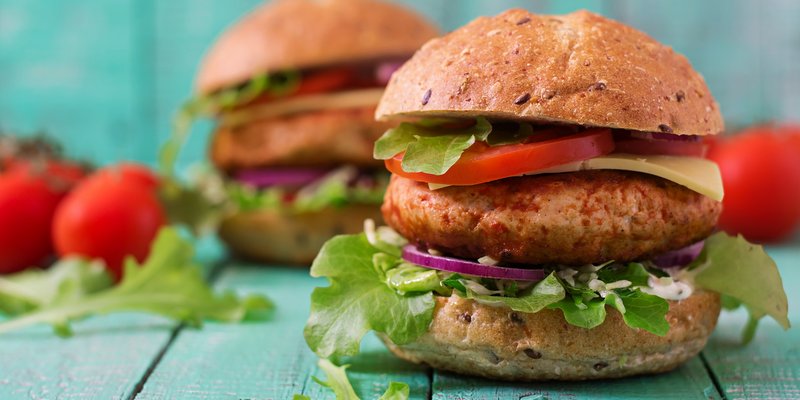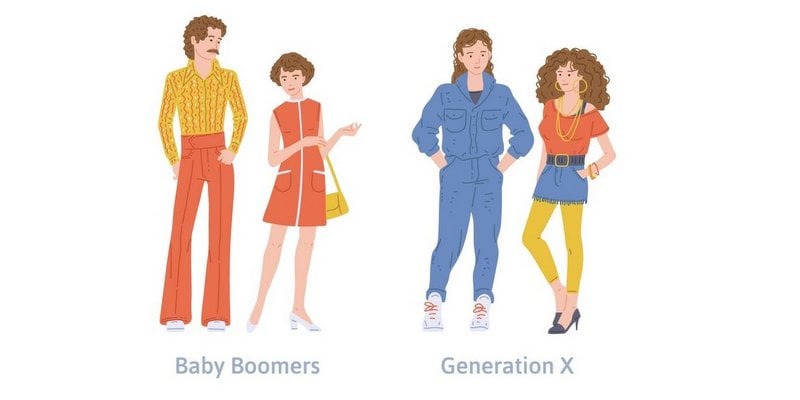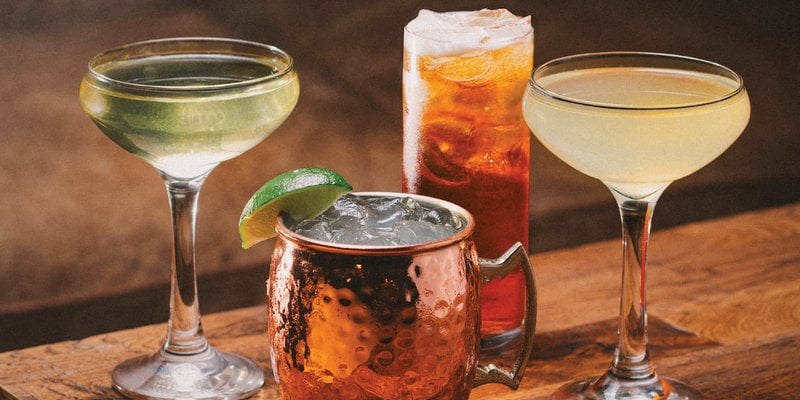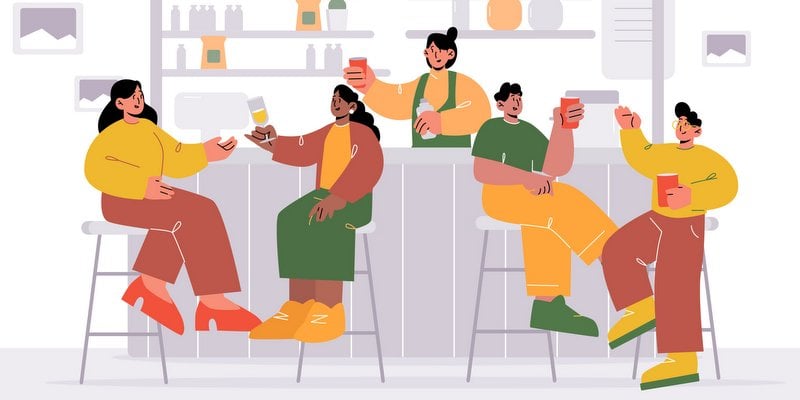
While at CiderCon, my good friend and Taproom Success counterpart, Kary Shumway, and I led a workshop for taproom managers and owners from across the continent. Attendees came from taprooms both large and small, downtown to destination locations. As we dove into their current challenges, the room shouted in unison that food was a pain point. So, we brainstormed a quadrant of solutions that could satisfy guests’ needs.

The potential food solutions were notated on an x-axis going from little effort to high effort, and a y-axis covering the impact each solution would have.
- A low effort/low impact solution could be something as basic as offering chips or having a food truck show up.
- A high effort/low impact solution could be wrangling together a group of chefs to serve fancy food on a Sunday afternoon, with minimal profit for the taproom.
- A low effort/high impact solution could be pre-made offerings (i.e. charcuterie boards) that are a step above a run of the mill prepackaged snack and sell for a bit more.
- A high effort/high impact solution could be planning a beer and food pairing event with high potential revenue, but quite a bit of work.
There is no right answer for your taproom, and I encourage you and your staff to brainstorm what the best fit may be.
Whether you begin by offering pretzels or build out an entire kitchen, food can have a positive impact on your taproom. Guests crave experiences, and food can play a huge role in this.
The data behind food
Guests spend an average of $69.27 when food is included as part of their visit, and $41.57 when it is not. This is a 67% increase. Additionally, the guests enjoying food spend about 10 minutes longer. This data includes all taprooms that offer food, whether they are providing basic snacks or entire meals. Taprooms without food are not included in this study. The average tab represents 1.9 guests and includes tip.
Let’s dive deeper into how much is spent on food. On taproom visits when over $10 is spent on food, the average guest spends $75.96. On visits when less than $10 is spent on food, the average tab is $40.63 — a $36 difference. We can deduce that taprooms with a full kitchen are seeing the reward of food. The tabs where less than $10 is spent on food most likely represent taprooms with simpler, pre-packaged options.
Three important strategies to maximize the impact:
- Make it visible – Don’t just throw a chip rack at the end of the bar. Make it visible, organized, and appealing. The easier it is for the guest to say “yes,” the more success you’ll see. If you offer a full food menu, provide guests with menus the same as any other restaurant. Be sure these menus, just like your beer menu, have all the necessary information for them to make an informed decision.
- Educate your staff – You can have the most delicious food offerings, but unless your staff is trained on the menu and able to answer questions, it’s all for naught. Include training on your food program at meetings just as you’d educate your team on your beer list. The more informed and passionate they are about your food, the more they’ll be able to sell it.
- Just ask – You’ve heard me ad nauseum talk about the importance of encouraging a second beverage and to go beer. Do the same with food options. Make your guests aware and train your staff to use this as a valuable upsell opportunity. This will also increase their tip. “You know what pairs really nicely with that tasty Bohemian lager….?”
As the data shows, in some situations food may have a large financial impact on total spend, and in others it may not. However, a large benefit of offering food is creating a taproom that doesn’t just serve beverages and becomes more inclusive and desirable to a larger audience.
Creating world-class taproom experiences is at the intersection of quality beer, engaging staff, and a memorable atmosphere. Food is one of the many options you should consider when looking to elevate your atmosphere. Adding food provides staff with an additional opportunity to connect with guests and the possibility for you to create initiatives that include both beer and food. The decision to add food is up to you and can be a valuable asset in your toolkit to create more memorable taproom experiences.
Andrew Coplon is the Founder of Secret Hopper, a mystery shopping company for craft beer businesses, and Craft Beer Professionals, a community dedicated to the growth and betterment of the craft beer industry. Check out all of his CBB articles here.





Leave a Reply
You must be logged in to post a comment.